I’m Depressed Today And All My Friends And My Boyfriend Are Too Busy To Talk To Me, Or Just Don’t
I’m depressed today and all my friends and my boyfriend are too busy to talk to me, or just don’t want to, u don’t know. Do I have the right to be sad about it?
Absolutely you do. It’s always hard when the people you care about don’t have the time to hang out and it’s completely valid to be sad about it. Be sad as long as you need to. I’ve spent weeks being sad before because I needed it.
After that though, there are some decisions to be made.
When I was in a similar position, one of my friends told me that, if I wanted to be part of the group, I needed to ask.
I wasn’t hopeful that asking would help. And, to be honest, sometimes it didn’t. Sometimes people didn’t follow up when I asked them to hang out or they made it clear they’d rather be somewhere else.
Sometimes they said yes and then they invited me to hang out later.
If/when they say no, there’s another decision to be made. It’s about how you want to live your life. If being with people is important to you, maybe it’s time you join a club or online group where you can find people who are looking for friendship. Look for people that make you happy, that don’t make you second guess when you ask for what you need.
For me, it meant that i didn’t want to wait for people to be my happiness anymore. I wanted to make stuff and learn things without waiting for friends who always seemed to have something else going on. I spent more time writing and I went to a different college than some of my best friends. I learned to do a lot of things on my own and, for me, that was the best turn of events imaginable.
When people say no, it’s important to find something that fulfills your needs. It’s hard and there are a lot of false starts, but the important thing is you keep trying different things until you find something that sticks. Stop giving others chance after chance and give yourself a couple instead.
More Posts from Brushlesprouts and Others
Soulmates are not your ~other half~, that’s just nonsense. You are a whole person already, not half a person. A soulmate isn’t even inherently romantic. A soulmate is just the other sock in a matched set. You’re still a whole, complete sock on your own, you are perfectly functional paired with any other sock, it’s just that it’s even better when you match. A soulmate is literally just the person who makes your soul go “!!! Same hat!!!” and wave excitedly.
The problem with people being able to read the books you’ve written, is that when they talk to you in person they expect you to say writery things.
I don’t know how to explain that my mouth and my fingertips have vastly different vocabularies.
I feel this is terribly important to keep in mind if your world building includes a substantial time skip. Unless a given reason has stagnated the world, "100 years later" should show a drastically different world.
We went from horse and buggy to space in less then 100 years
I love everything about this.
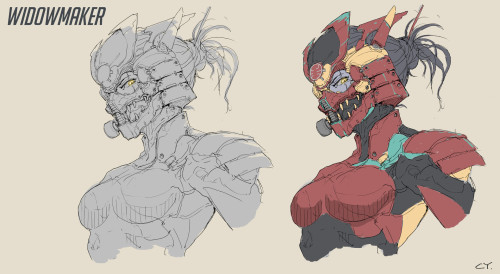
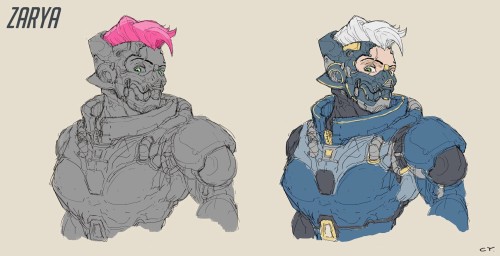
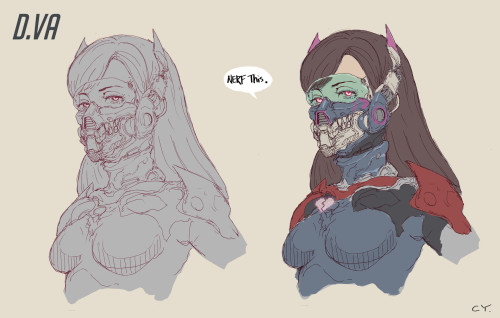
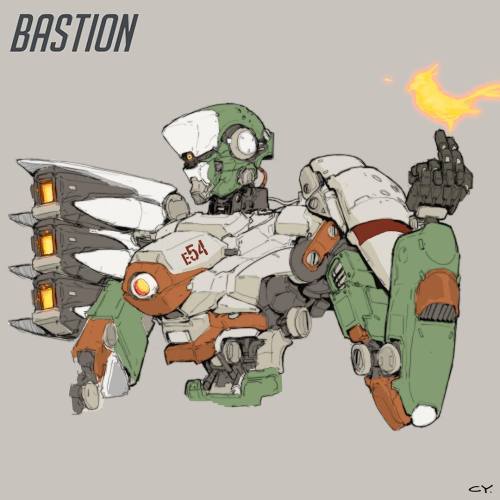
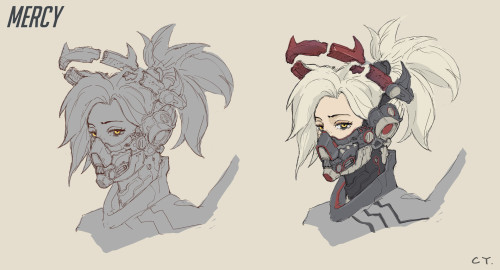

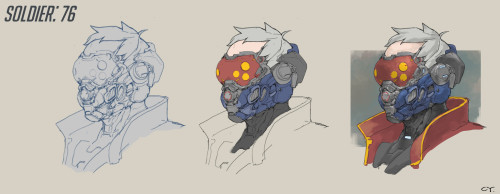
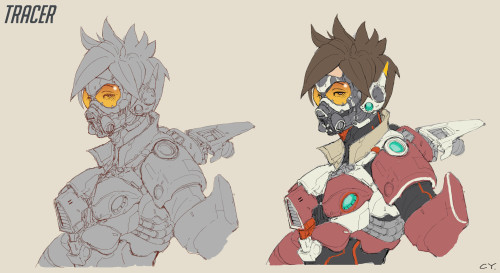
Ching Yeh
Abled Person: Hey man, can you hold this wad of $2,000 and this one penny for me while I open my wallet?
Disabled Person: YOU COMPLETE AND UTTER FOOL!
The United States Government:

(Watch how many people don’t get this.)

date a selkie, but don’t hide her cloak. let her go home and visit her family now and then, knowing that she’ll come back and hang her seal cloak in the closet like she always does. trust is important.
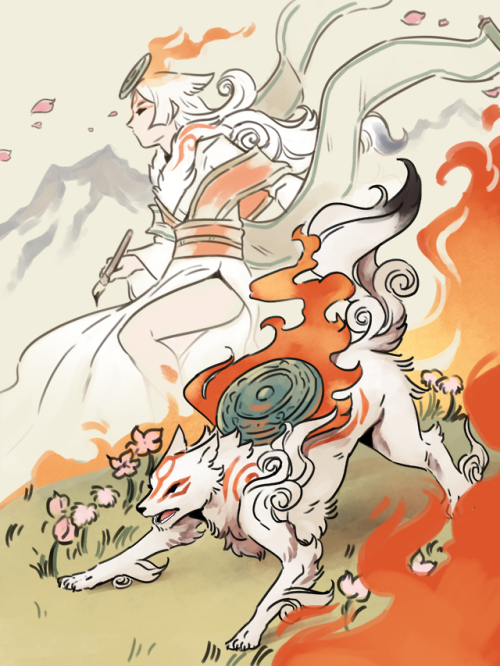
been playing okami recently…
The Sound Of Silence really does exist, and it’s the lingering echoes of the Big Bang. Without warning, those echoes finally fade and stop… and you can hear what true silence sounds like for the first time…

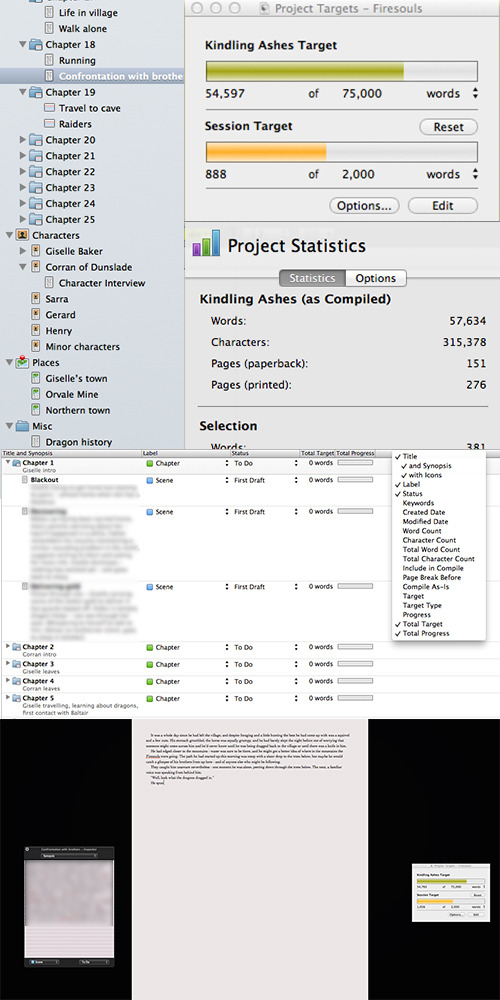
My favourite things about Scrivener
1. Navigation. You can see all your chapters, scenes, character & setting planning at one glance and switch between them very easily - compared to scrolling up and down in one long word processing document. Every file can also be a folder, so you can have collapsible items underneath it.
2. Word count targets. The “Project Targets” are particularly useful for NaNoWriMo so you don’t have to keep looking back at the website to see how you’re doing for the day, but more so outside of it, when you want to keep yourself working to a target but don’t have Nano’s charts and daily word counts. It also gives you a nice ding when you hit your session target.
3. How many pages? I only recently discovered this, but it’s very nice to be able to see in Project Statistics approximately how big your manuscript would be in pages without worrying about formatting.
4. Outlining. Scrivener has two methods of outlining - one is Corkboard, which is exactly what it sounds like, a digital corkboard with notes pinned on it that represent your chapters/scenes with their summaries. The screenshot above is called ‘outliner’ and lists collapsible chapters/scenes with various statistics you can select as shown in the tick menu. Generally I prefer Corkboard, but Outliner is useful if you just want to see everything in a clear order.
5. Full screen. I get distracted very easily when writing, so the full-screen writing mode is wonderful for me to avoid that - but you can still choose certain windows from the normal Scrivener view to show up. I have my targets and my summary, so I can stick to my plan when I’m writing and also see what progress I’m making.
6. Notes. No screenshot, but it’s a simple post-it note style box to the side of every document (chapter, scene, character etc.) that allows you to add notes. This may sound very simple, but it’s far more useful than I’d expected. During NaNoWriMo when I’m not meant to be editing at all, but I know something needs fixing, I will jot down something in the side like ‘Take out the horse’ so that when I go through again to edit I know exactly the things to focus on immediately but which would have taken too much time before. It’s linked to the scene so I don’t just have a pile of notes in one document at the end and then have to work out where it needs fixing.
Overall
I downloaded Scrivener for the first time two years ago, and now I can’t imagine working without it. It’s so nice to have the planning and the writing all combined into one place where I can easily switch between the two. I haven’t yet got as far in a novel created in Scrivener to use the compile features so I can’t comment on those, but so far all my experiences of it have been good.
One thing to note is that if transferring project between a Windows and a Mac version of Scrivener, it’s generally best to zip the file first.
[Screenshots from my current novel Kindling Ashes using the Mac version of Scrivener - some features may not be available in Windows yet.]
-
 kamkong liked this · 3 years ago
kamkong liked this · 3 years ago -
 deepbluelullaby liked this · 5 years ago
deepbluelullaby liked this · 5 years ago -
 distinguishedstudentunknown liked this · 6 years ago
distinguishedstudentunknown liked this · 6 years ago -
 nualie liked this · 6 years ago
nualie liked this · 6 years ago -
 charlatansblues reblogged this · 6 years ago
charlatansblues reblogged this · 6 years ago -
 citrus-adventures liked this · 6 years ago
citrus-adventures liked this · 6 years ago -
 pauliestorylover liked this · 6 years ago
pauliestorylover liked this · 6 years ago -
 fantasymind231 reblogged this · 6 years ago
fantasymind231 reblogged this · 6 years ago -
 watermelon-mafia liked this · 6 years ago
watermelon-mafia liked this · 6 years ago -
 havesomepurplepoison liked this · 6 years ago
havesomepurplepoison liked this · 6 years ago -
 fantasymind231 reblogged this · 6 years ago
fantasymind231 reblogged this · 6 years ago -
 fantasymind231 liked this · 6 years ago
fantasymind231 liked this · 6 years ago -
 moonlithwritings liked this · 6 years ago
moonlithwritings liked this · 6 years ago -
 wildforestferret liked this · 6 years ago
wildforestferret liked this · 6 years ago -
 spn-samifer liked this · 6 years ago
spn-samifer liked this · 6 years ago -
 pacifiedperoxide liked this · 6 years ago
pacifiedperoxide liked this · 6 years ago -
 cursing-vermin reblogged this · 6 years ago
cursing-vermin reblogged this · 6 years ago -
 power-in-plain-sight liked this · 6 years ago
power-in-plain-sight liked this · 6 years ago -
 midnightcaffeinesstuff liked this · 6 years ago
midnightcaffeinesstuff liked this · 6 years ago -
 lonelylittlefoxboy reblogged this · 6 years ago
lonelylittlefoxboy reblogged this · 6 years ago -
 avidreaderffn reblogged this · 6 years ago
avidreaderffn reblogged this · 6 years ago -
 fantasticblazepoetry liked this · 6 years ago
fantasticblazepoetry liked this · 6 years ago -
 catsfeminismandatla liked this · 6 years ago
catsfeminismandatla liked this · 6 years ago -
 gayfanboyfred reblogged this · 6 years ago
gayfanboyfred reblogged this · 6 years ago -
 gayfanboyfred liked this · 6 years ago
gayfanboyfred liked this · 6 years ago -
 inner-muse reblogged this · 6 years ago
inner-muse reblogged this · 6 years ago -
 inner-muse liked this · 6 years ago
inner-muse liked this · 6 years ago -
 onedragontorulethemall liked this · 6 years ago
onedragontorulethemall liked this · 6 years ago -
 icannotspelldefinnnately liked this · 6 years ago
icannotspelldefinnnately liked this · 6 years ago -
 lilyofthegoddamnvalley-blog reblogged this · 6 years ago
lilyofthegoddamnvalley-blog reblogged this · 6 years ago -
 lilyofthegoddamnvalley-blog liked this · 6 years ago
lilyofthegoddamnvalley-blog liked this · 6 years ago -
 cosmos-made-conscious liked this · 6 years ago
cosmos-made-conscious liked this · 6 years ago -
 brotosstm liked this · 6 years ago
brotosstm liked this · 6 years ago -
 musicalshape liked this · 6 years ago
musicalshape liked this · 6 years ago -
 readthisredthis liked this · 6 years ago
readthisredthis liked this · 6 years ago -
 the-amber-magister liked this · 6 years ago
the-amber-magister liked this · 6 years ago -
 peccolias reblogged this · 6 years ago
peccolias reblogged this · 6 years ago -
 shadowmearas liked this · 6 years ago
shadowmearas liked this · 6 years ago -
 xxaruanaxx reblogged this · 6 years ago
xxaruanaxx reblogged this · 6 years ago -
 theowlofassisi-blog liked this · 6 years ago
theowlofassisi-blog liked this · 6 years ago -
 justfollowthings liked this · 6 years ago
justfollowthings liked this · 6 years ago -
 guardianw liked this · 6 years ago
guardianw liked this · 6 years ago -
 pandapantslovesyou liked this · 6 years ago
pandapantslovesyou liked this · 6 years ago